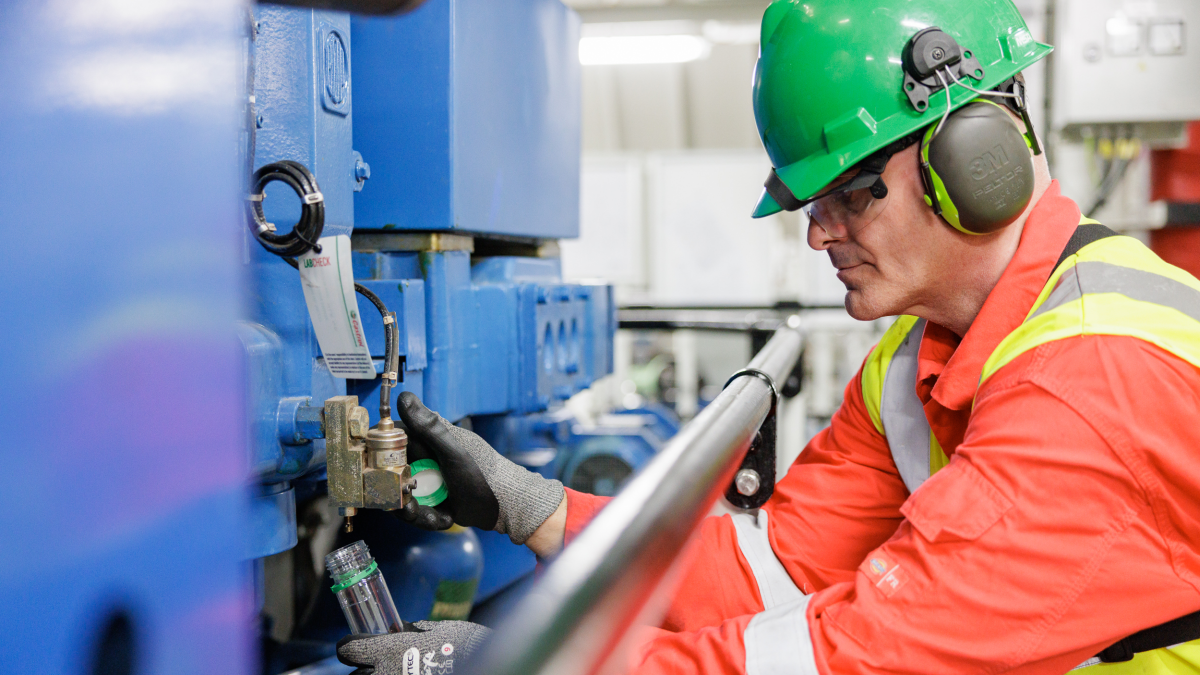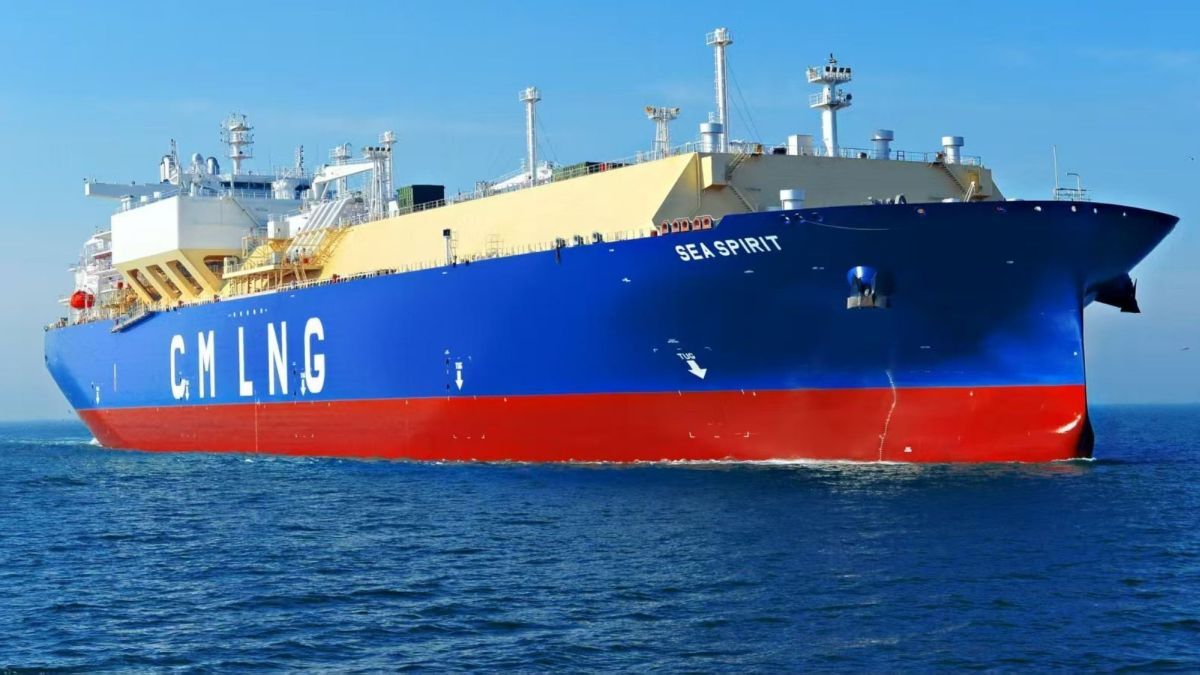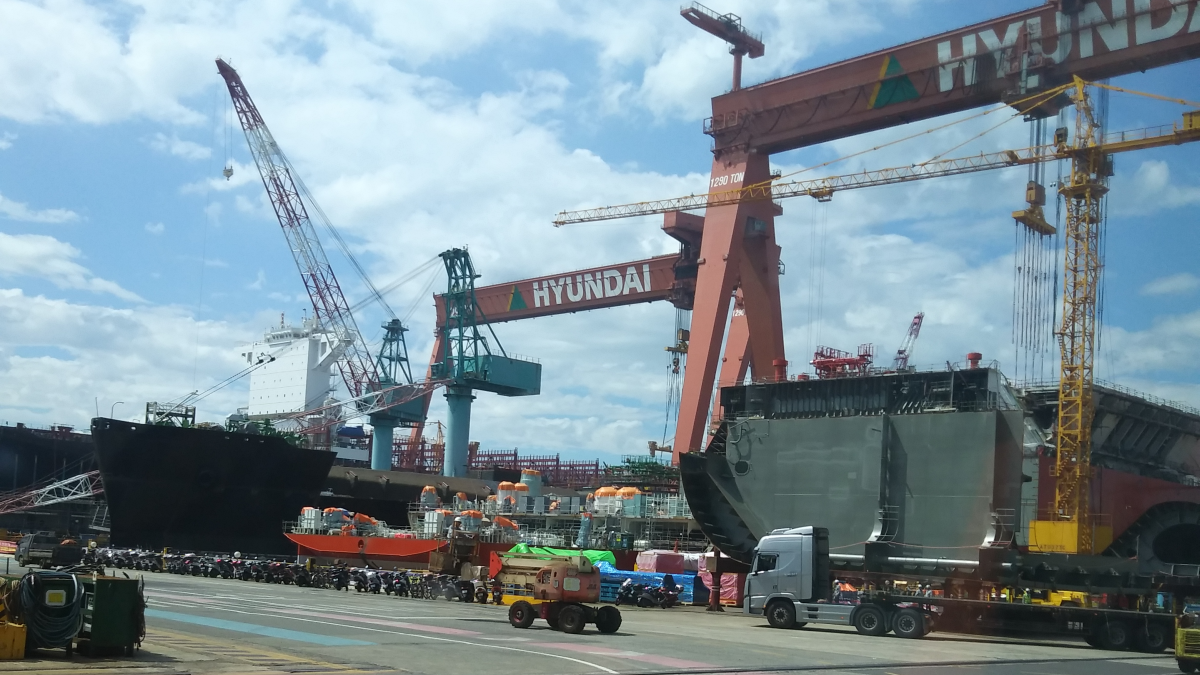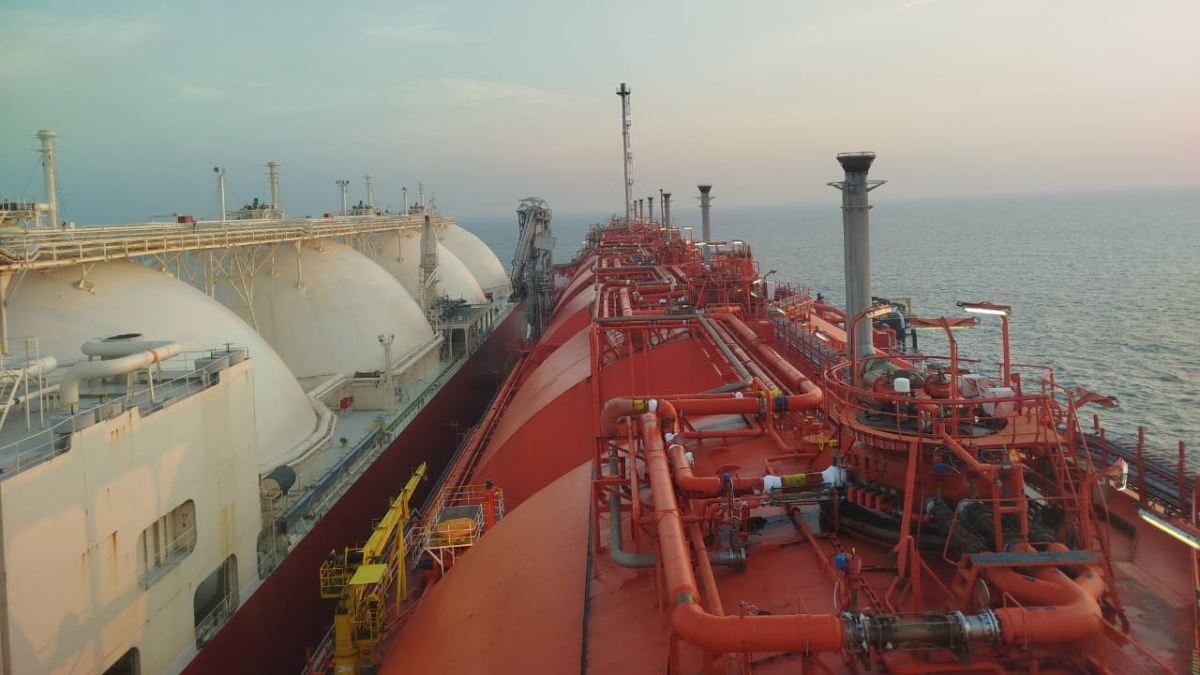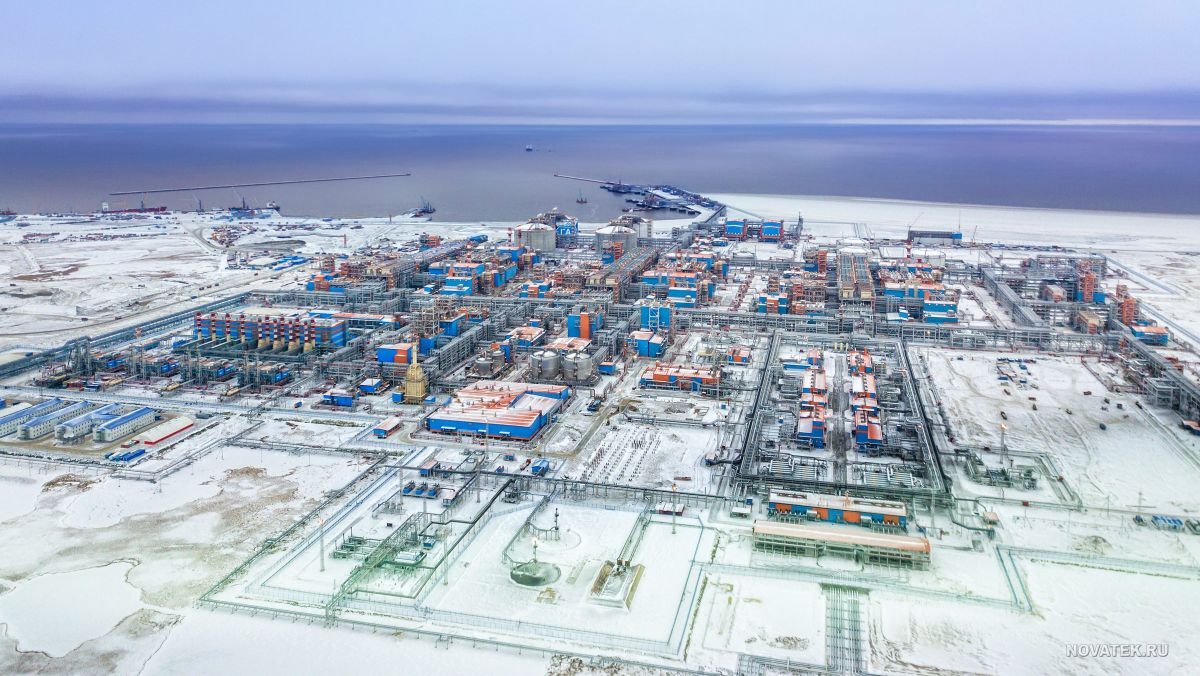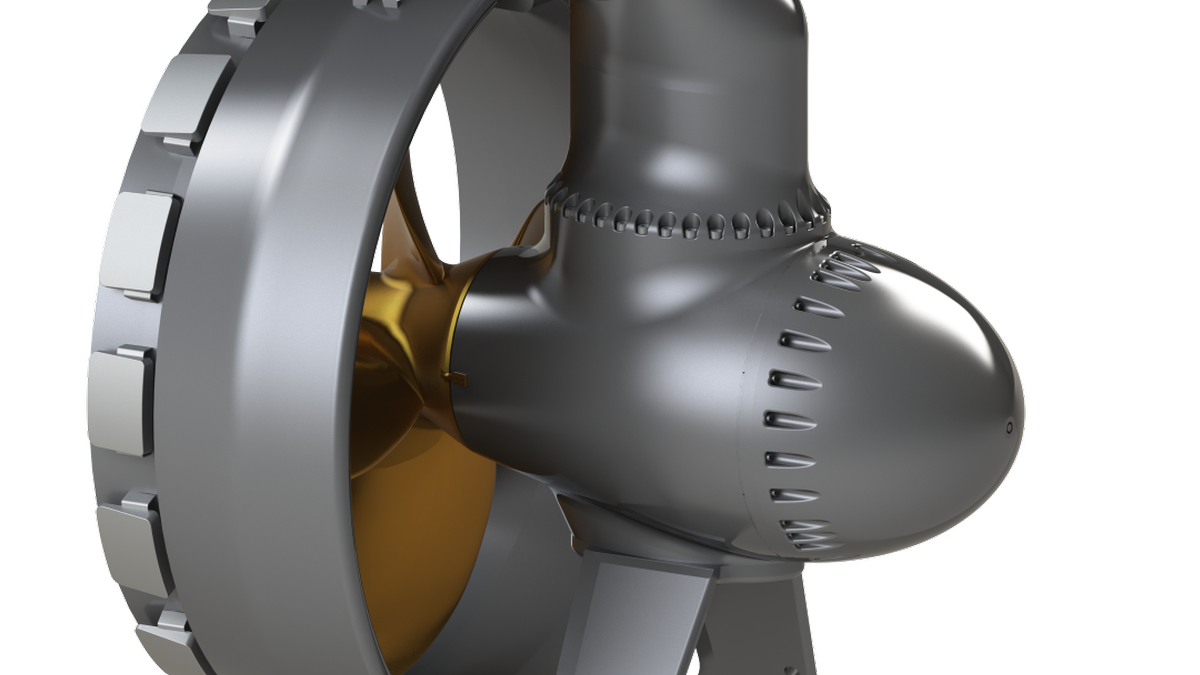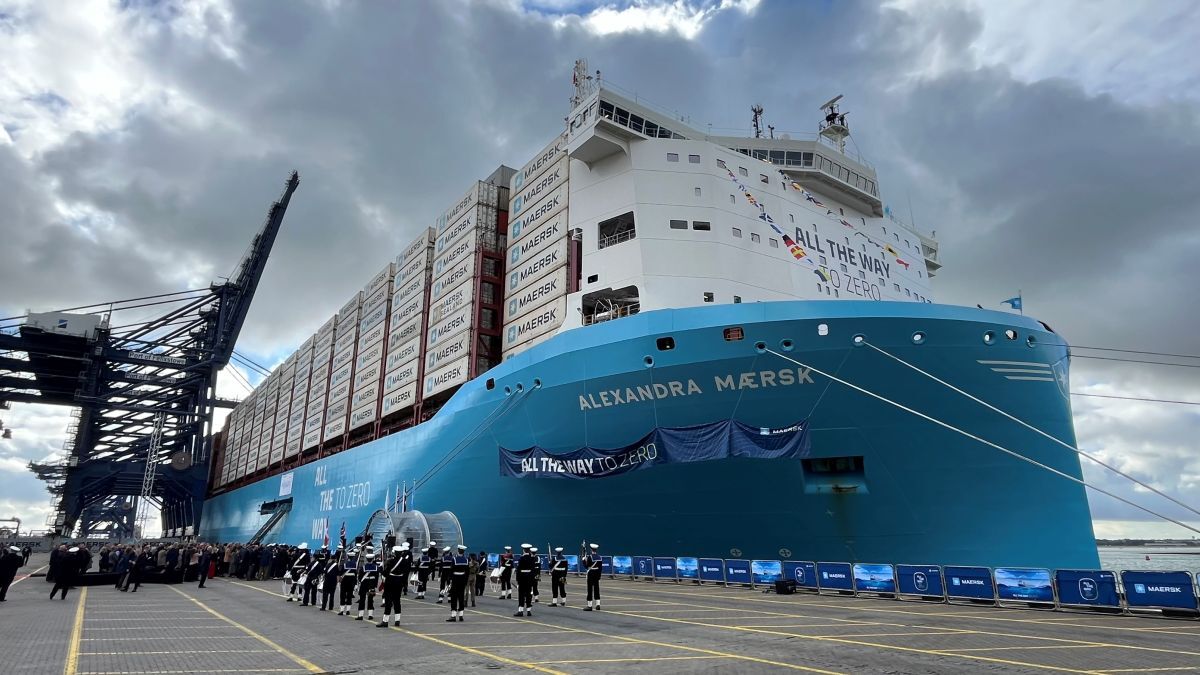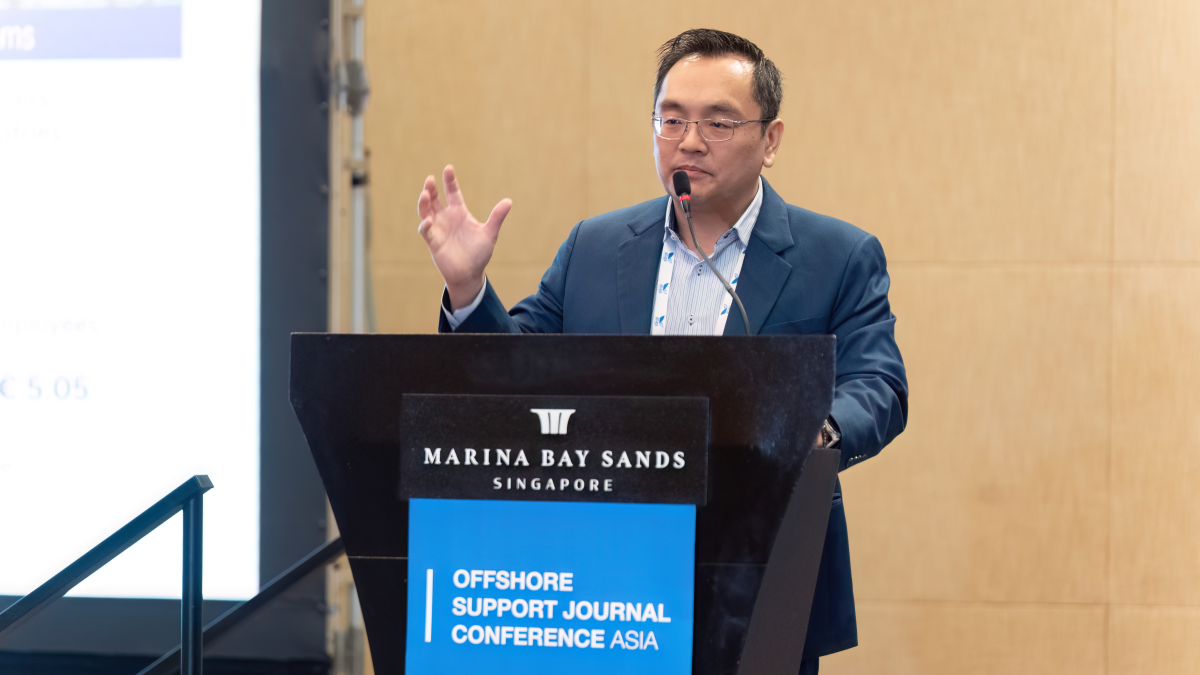Business Sectors
Events
Contents
Register to read more articles.
Marine lubricants: essential to any decarbonisation discussion
Lubricants should be discussed alongside alternative fuels and engines in shipping’s decarbonisation, writes Castrol global marine and energy technical services director, Gianluca Marucci
In the debate about how to proceed with shipping’s decarbonisation, new and changing fuels have taken centre stage, with conversation focused on their availability. However, more than ever, the right choice of lubricant is an operational and technical issue that should be kept front of mind in decarbonisation discussions.
Marine engines are valuable and vulnerable assets. Costing millions of dollars, these pieces of hardware and their reliable and safe operation are the difference between profit or loss for commercially trading vessels travelling the world’s oceans. Fundamentally, at the engineroom level, a vessel needs three things to operate safely and efficiently: fuels for propulsion; well maintained engine hardware; and, crucially, the right lubricant to support both.
If not adapted and changed at the same time, the wrong lubricant with the wrong fuel could cause significant or catastrophic engine damage resulting in downtime, loss of earnings and operators being stuck with the costs of repair.
Lubricants for two-stroke engines, for example, should provide optimal protection against corrosive and mechanical cylinder wear. They should provide the right formulation of base number and detergency to lubricate engines operating on gas or liquid fuels with varying sulphur contents.
“The right choice of lubricant is an operational and technical issue that should be kept front of mind”
Shipowners need to find the right solutions for their fleet based on equipment, models and how they operate. It is important to monitor performance on an on-going basis using tools such as used-oil analysis data, test kits and expert condition monitoring advice. With deep knowledge of lubricant and equipment interaction, shipowners need a collaborator that can keep their operations in sync with the latest OEM recommendations and environmental legislation.
This is the approach that many shipowners now take, but clearly the maritime industry is undergoing a profound and transformative period of change, as decarbonisation and digitalisation challenge conventional ways of thinking and working in the sector. In an era of multi-tiered and complex regulations, increased focus on health and safety, mounting demand for reduced downtime, costly part failures and greater environmental governance, lubricants must be viewed as a lever of change, and not as a commodity.
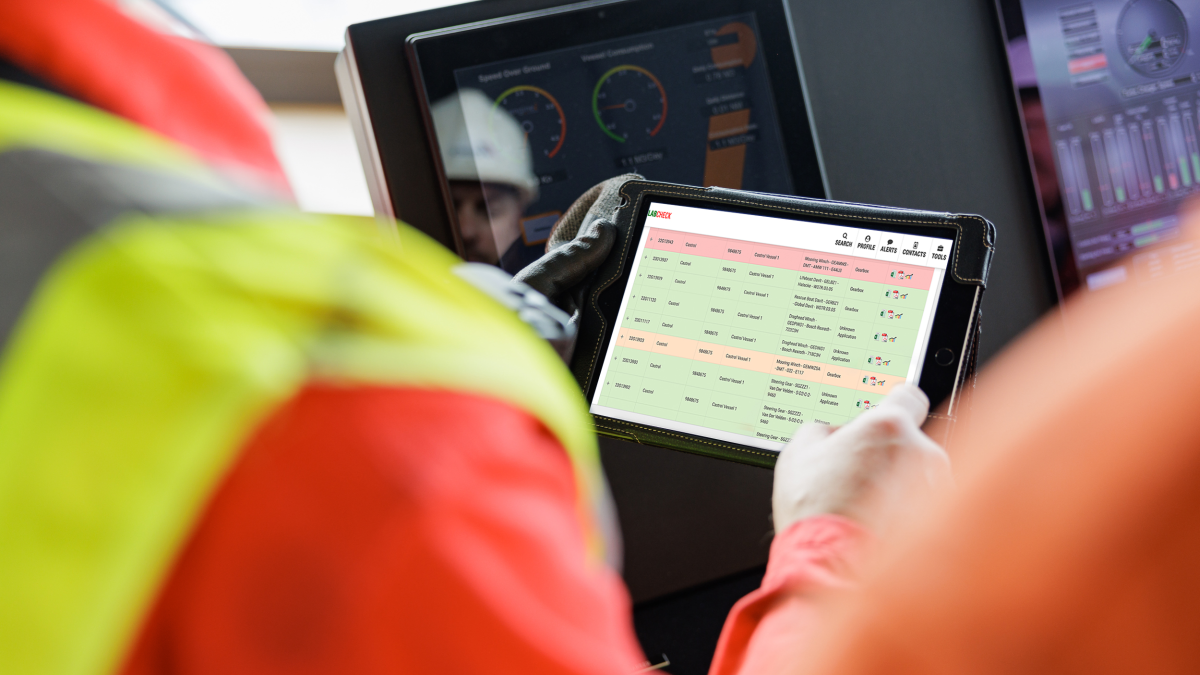
Oil analysis and condition monitoring
There is an increased requirement for oil analysis and condition monitoring – and the substantial human expertise and know-how that can assess and underpin these activities – to identify and protect engine assets. Condition monitoring technology has evolved significantly over recent times, to incorporate digital solutions to support human intelligence. Oil analysis meanwhile can identify contaminants early, helping owners and operators make informed decisions. With easy access to the necessary information for an accurate picture of the state of the system in real time, operators can often be forewarned when issues arise. They may then be able to take preventive action before catastrophic damage occurs. Digital monitoring, predictive maintenance and remote data analysis, using the latest technology such as artificial intelligence, are increasingly important for this.
Ideally, condition monitoring requires multiple sets of eyes and consistency to accurately determine the benchmark by which to measure wear. Monitoring results enable trends to be observed when wear accelerates over time, or if there is a sudden surge of damage. Actions such as increasing the feed rate can be taken to provide greater protection, or if wear is severe, new cylinder liners or piston rings can be installed. Replacement cylinder liners and piston rings may not only be costly for many operators and owners but may have a long wait time.
Through proactively monitoring the condition of the engine and having a continuous stream of data to refer to tools such as online sensor technologies or onboard testing, shipowners can identify the early warning signs of potentially catastrophic damage. They will also have the evidence they require to demonstrate to their insurer that they have taken steps to mitigate the issue, thereby safeguarding any financial claim. Proper application of sophisticated online sensor technology can enable operators to plan maintenance requirements with the least possible impact on operational schedules and cost.
“The wrong lubricant with the wrong fuel could cause catastrophic engine damage”
Despite the march towards digitalisation, technology alone cannot always be relied upon to effectively interpret data. This requires people, human intelligence and the benefits of knowledge coupled with experience to realise the greatest reliability and efficiency gains. As demands upon a ship’s crew continue to increase, and general operational complexity grows, the value delivered by expert partners has become more pronounced. Lubricant suppliers should now take on the role of consultant and collaborator in an ecosystem of increasing complexity.
Related to this Story
Events
Offshore Support Journal Conference, Americas 2025
LNG Shipping & Terminals Conference 2025
Vessel Optimisation Webinar Week
© 2024 Riviera Maritime Media Ltd.


